Military
That Time Winston Churchill Asked America to Nuke Moscow
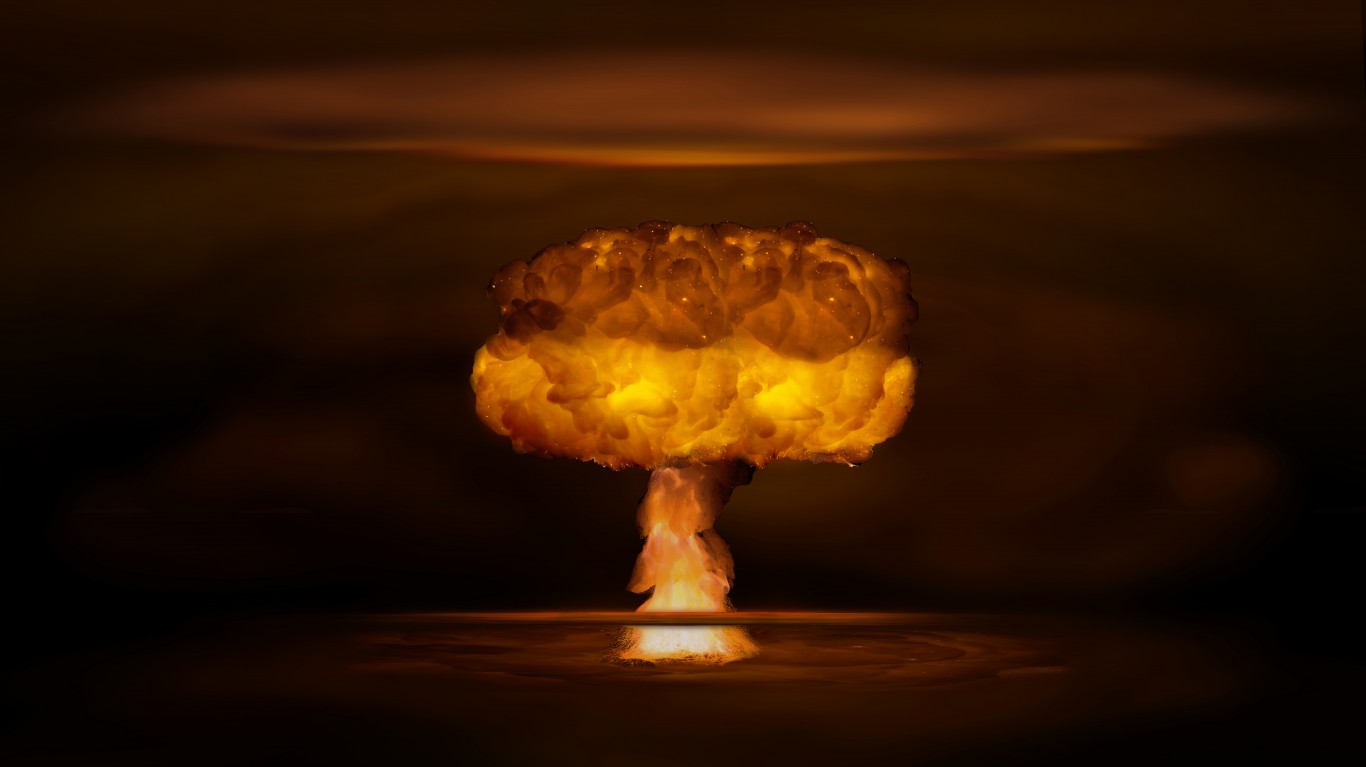
Published:
Last Updated:

75 years ago this month, the Soviet Union successfully tested an atomic bomb. This was the beginning of an international arms race that today has 9 countries wielding enough nuclear firepower to make humanity extinct. But what if there were just one country with that power? Would it take the opportunity to destroy a defenseless enemy, or even rule the world?
When the U.S. was still the only country with the Bomb, Winston Churchill’s advice was “PUSH THE BUTTON!” The former British Prime Minister urged American leaders to launch a preemptive nuclear strike on the Kremlin to knock out communism in a single blow. You can find the details in the book When Lions Roar: The Churchills and the Kennedys by Thomas Maier. What would have happened had the U.S. acted on this shocking advice?
24/7 Wall St. Insights
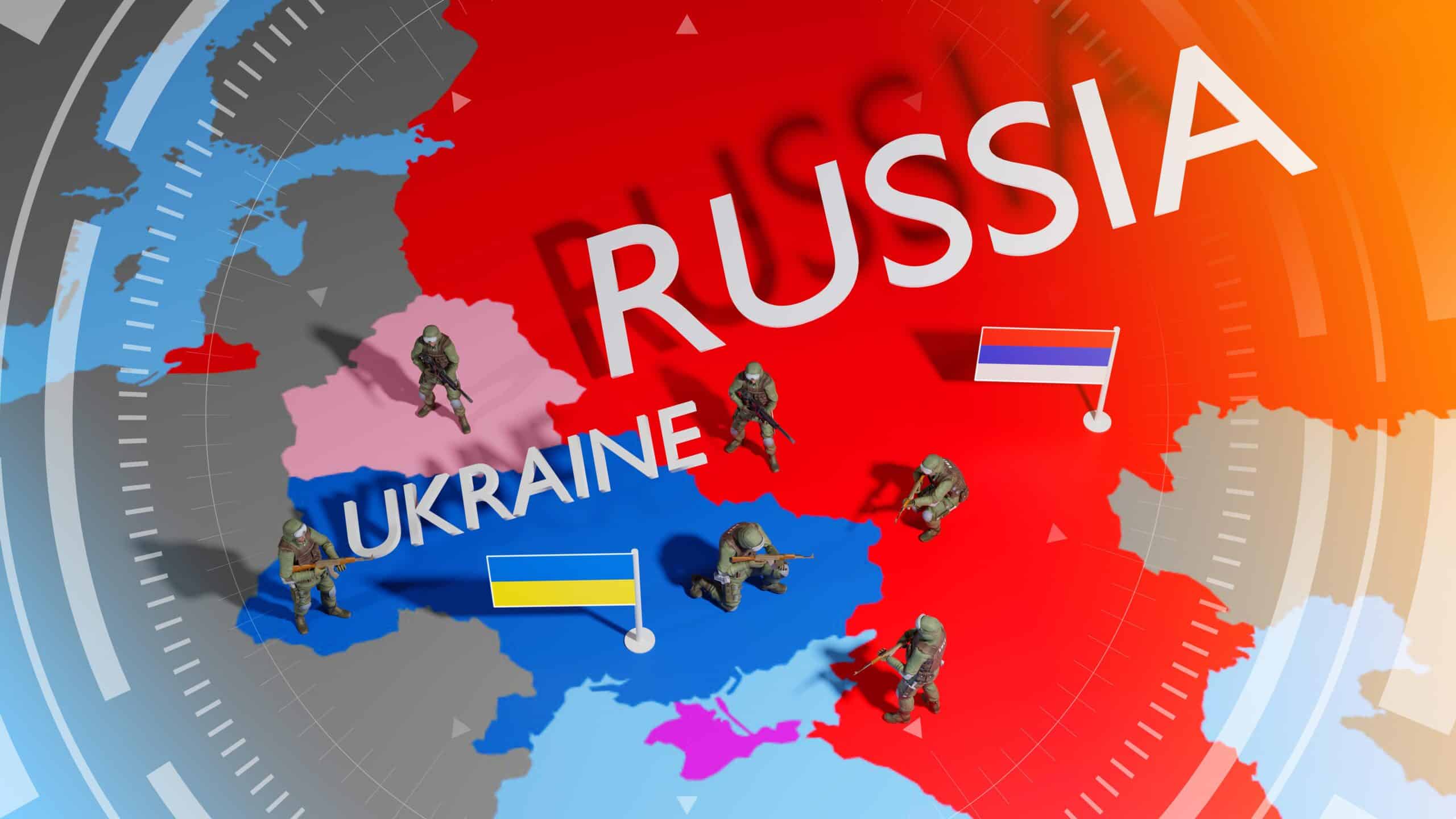
The use of nuclear weapons seems unthinkable, but national leaders do think about when and how they could be used. Today we’re trying to stop Russian expansion in Ukraine. Russia has made nuclear threats, and the United States has made counter-threats. Citizens need to be aware of the range of options leaders might consider and take this into account in casting their votes. Should the unthinkable remain that way . . . or is it worth thinking about?
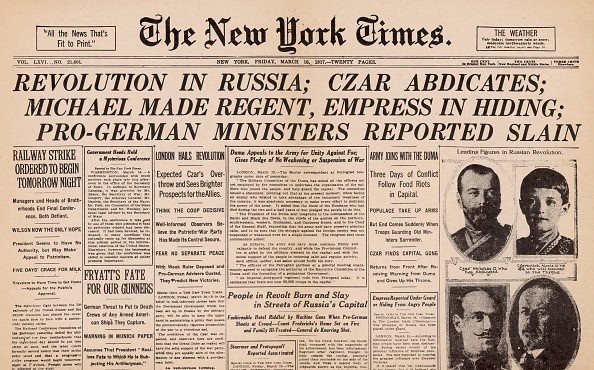
Churchill was 43 when the Russian Revolution brought the communists to power. At the time he was helping to direct Britain’s World War I operations. He resented the fact that Russia’s new leaders made a separate peace with Germany, and he despised the communist ideology that rejected core Western values and civil liberties.
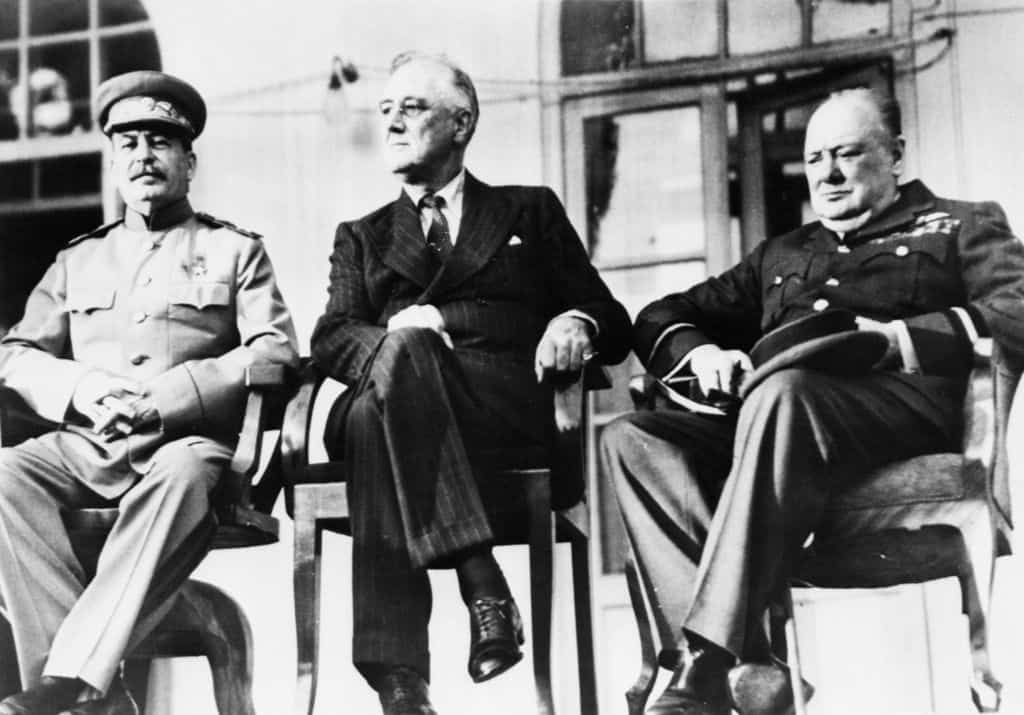
In the 1930s, Churchill witnessed the resurgence of Germany under the Nazis and was frustrated by European appeasement that allowed the threat to grow. As Prime Minister for most of World War II, he had to reluctantly ally with the Soviet Union to defeat the Nazi juggernaut. After the war, though, he was deeply disturbed when the USSR took control of Eastern Europe. In fact, Churchill himself coined the term “Iron Curtain” to describe the division it created on the continent. He believed a third world war was just over the horizon.
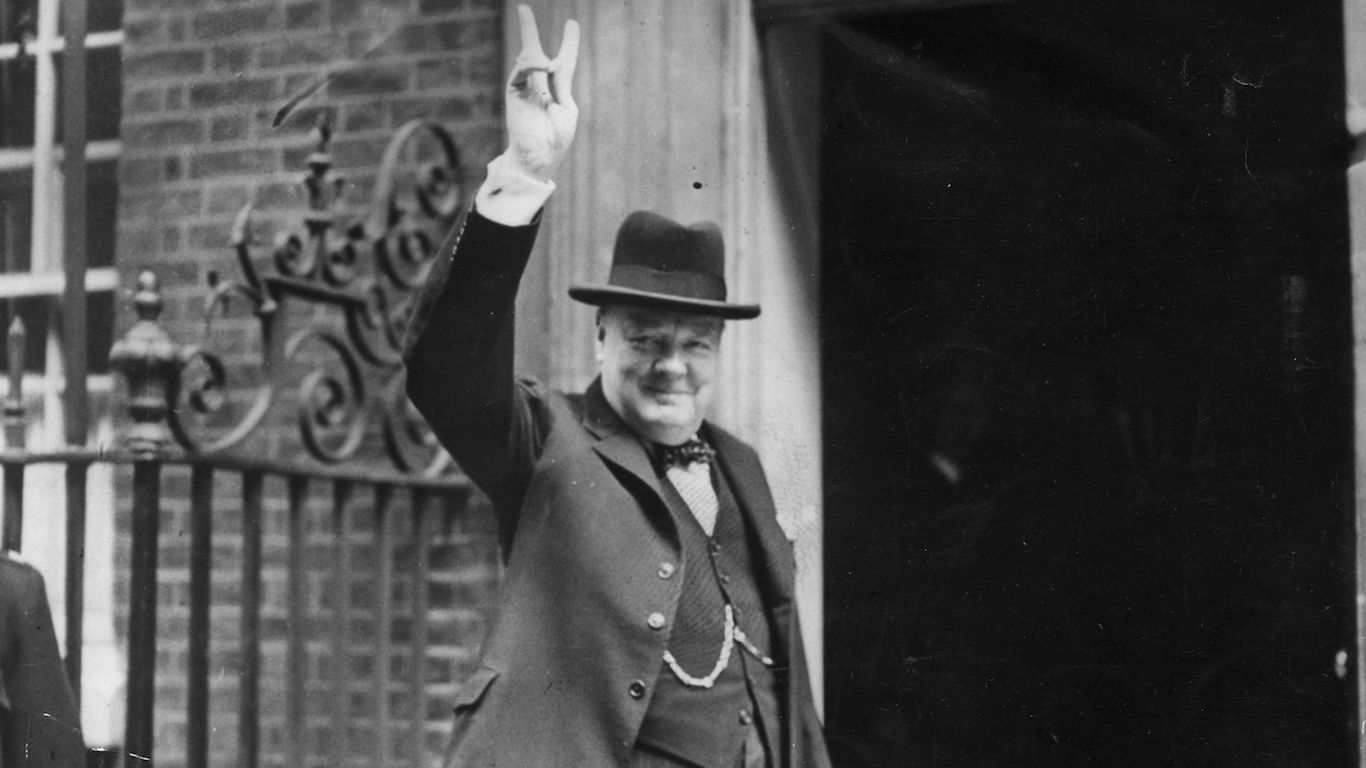
Rather than waiting for the USSR to rebuild, rearm, and acquire its own atomic arsenal, Churchill thought the U.S. should use its monopoly on the ultimate weapon to negotiate from a position of power. And what if that negotiation failed to roll the communists back from the countries they were occupying? Then, as he told U.S. Senator Styles Bridges, “If an atomic bomb could be dropped on the Kremlin wiping it out, it would be a very easy problem to handle the balance of Russia, which would be without direction.”
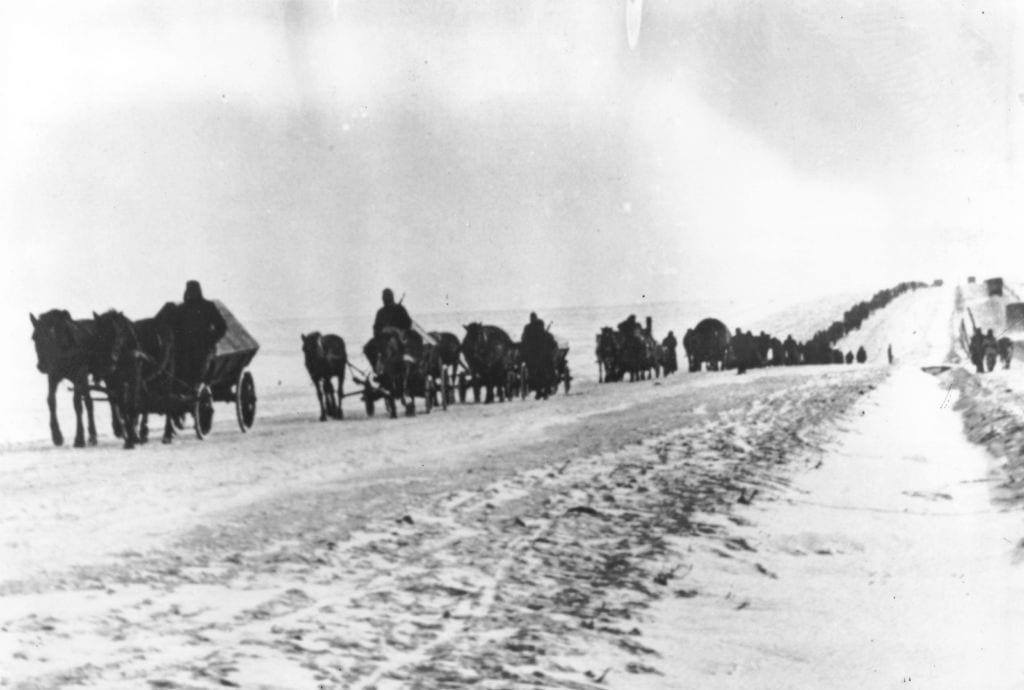
Churchill vastly overstated the ease of foreign intervention in Russia. From 1917-1925 over a dozen nations, including Britain and the U.S., sent thousands of troops into Russia to remove the “Reds” from power. That effort failed.
Russia has historically been an autocratic, centralized society with people at all levels waiting for direction from those above them. But they are also long-suffering people who love their Motherland and can make astounding sacrifices in its defense. No foreign invader has ever been able to conquer the entirety of this vast country with its harsh climate and determined population.
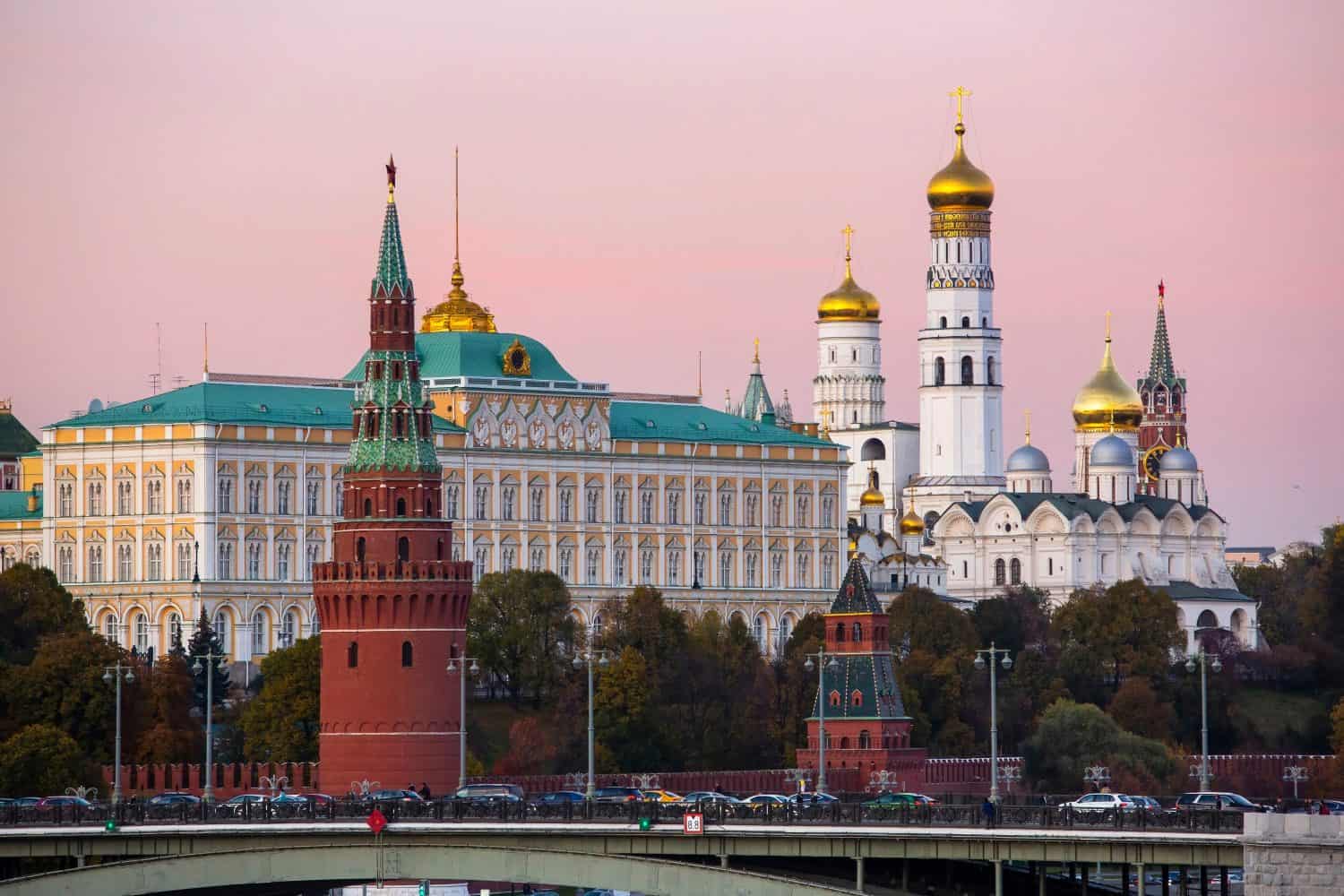
How might Churchill’s plan have played out? The purpose of an attack on the capital would be to remove the country’s leadership. That means it would have to be a surprise, so that the communist leaders would not disburse to safer locations, and the bomb would have to be large enough to take out all or most of them.
A Hiroshima-sized nuclear weapon could take out the Kremlin in the heart of the city and kill several hundred thousand people. However, some leaders, even the notoriously paranoid Stalin himself, might be in other parts of the city at the time of the attack. In order to truly disrupt the country by taking out the city-wide administrative offices, factories, research centers, and skilled personnel who run them, the U.S. could use one or more larger weapons. If the whole city were destroyed, 3-4 million people would have perished in an unprecedented human tragedy.
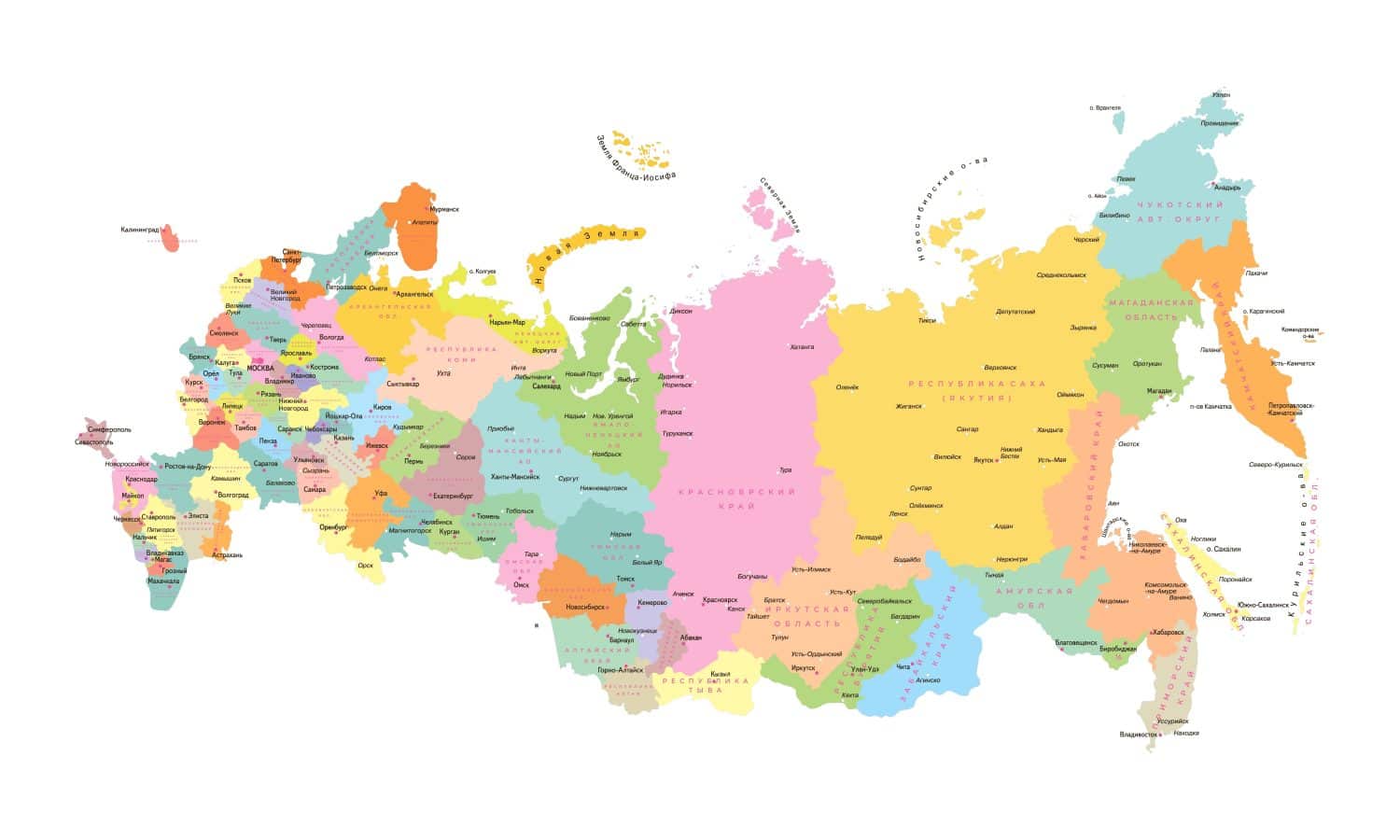
Liberating Eastern Europe
Destroying Moscow would be only the beginning of a conflict that could take decades and span Eurasia. In the first stage, the U.S. and its allies would have to remobilize troops to expel the remaining Russian units from Eastern Europe. The effort would require managing large numbers of POWs and refugees and maintaining order in newly-freed countries.
Reorganizing Russia
What would we do with Russia itself? Would it be left in chaos, with military factions fighting one another and ethnic regions declaring independence? Would the US, Britain, and others occupy strategic cities and infrastructure and try to set up one or more friendly governments? Partisan warfare might go on for many decades between Russian factions and against foreign occupiers. Having already nuked one Russian city, would the U.S. do it again, if faced with significant resistance from Leningrad, Stalingrad, or Sverdlovsk?
A Land War in Asia
Ending communism in Russia wouldn’t obliterate it in the rest of the world. Mao Zedong brought the communists to power in China in 1949 after a brutal decades-long civil war. By the late 1940s communists controlled North Korea and were battling to power in North Vietnam. Even if the U.S. nuked one or more cities in Asia to try to disrupt the communists’ leadership, to root it out completely would necessitate decades of guerilla warfare across vast areas of East Asia that would be immensely unpopular with the American people.
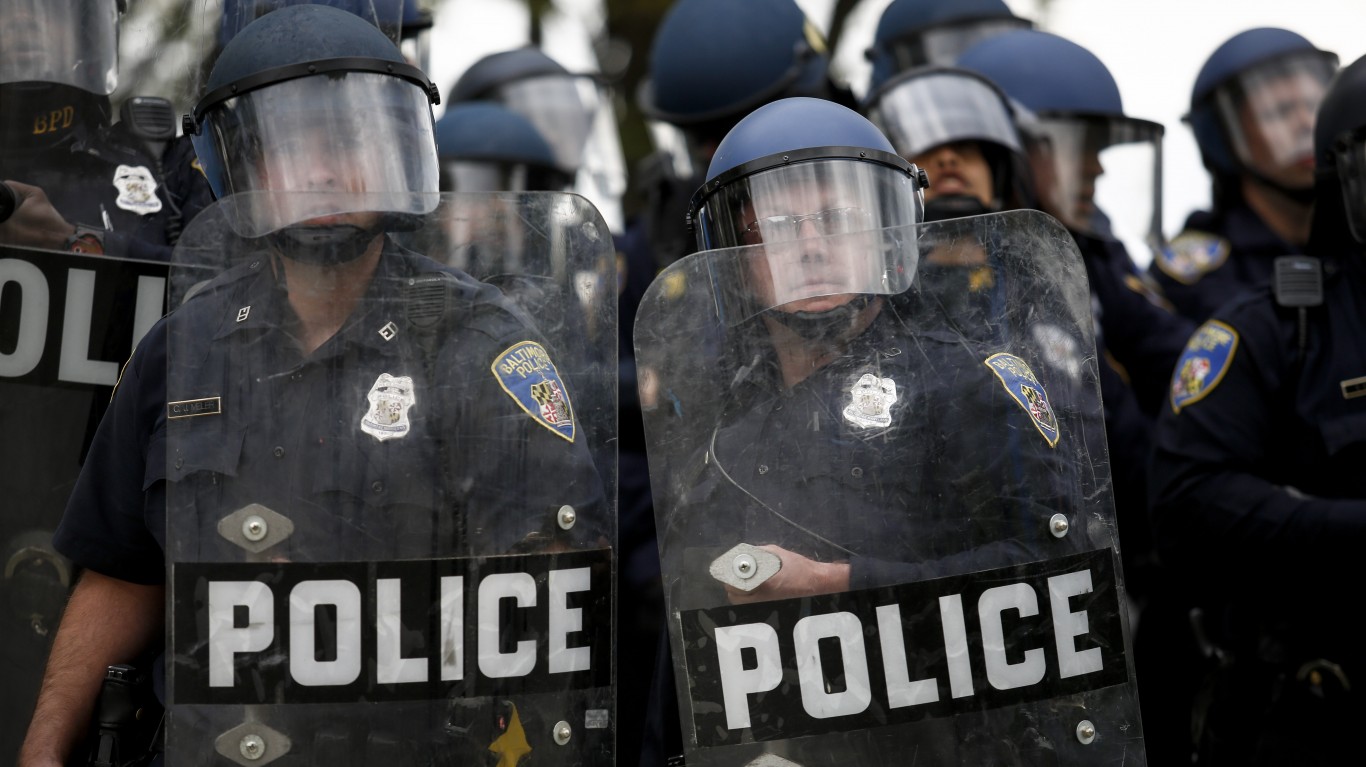
A Moral Dilemma
Tired of war, Americans nevertheless dutifully put their uniforms on again to beat back an unprovoked war launched by North Korea from 1950-53. But would they do so if the United States were the aggressor, launching an unprovoked attack as infamous as Pearl Harbor and the Holocaust?
Convincing the Public
Much would depend on the skill of the President and Congressional leadership to convince the American people that the Soviet Union was an imminent threat that had to be stopped. If the public didn’t buy it, the moral horror of the attack as well as the sacrifice of remobilizing troops might create massive resistance.
The End of Democracy?
Faced with overwhelming opposition, the President could be impeached or voted out; that is, if democratic institutions survived. Because if the military leadership were as convinced as the President—and his friend Winston Churchill—that this war was necessary for our survival, then they might also think it merited martial law, just for the duration of the emergency. And when that emergency would end would be anybody’s guess.
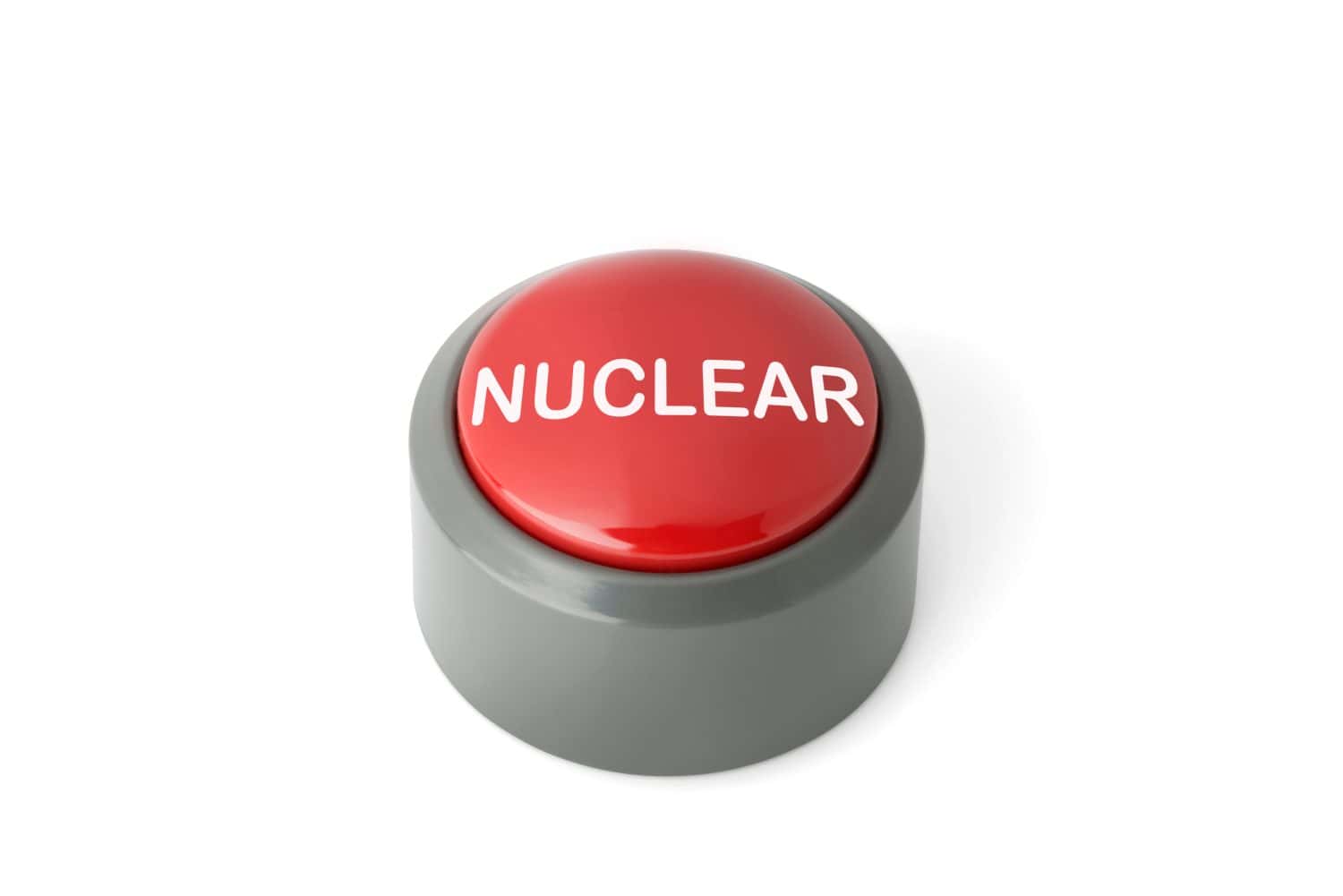
Paradoxically, Churchill believed the way to save the world from World War III was, in essence, to start World War III. But an even more startling paradox is that multiple countries building nuclear weapons helped ensure that no country has used them in war since 1945.
Much like the American political system balances off branches of government that compete for power, a multipolar nuclear world has created an uneasy standoff that, over the last 8 decades, has produced (with some notable exceptions) one of the most peaceful stretches of world history. To date, this is the best we’ve been able to do. But perhaps our globally-connected children and grandchildren will be able to come up with solutions we’ve not yet thought of. Solutions that would make even our friend Winston Churchill pull his finger back from pressing that red button.
Start by taking a quick retirement quiz from SmartAsset that will match you with up to 3 financial advisors that serve your area and beyond in 5 minutes, or less.
Each advisor has been vetted by SmartAsset and is held to a fiduciary standard to act in your best interests.
Here’s how it works:
1. Answer SmartAsset advisor match quiz
2. Review your pre-screened matches at your leisure. Check out the advisors’ profiles.
3. Speak with advisors at no cost to you. Have an introductory call on the phone or introduction in person and choose whom to work with in the future
Thank you for reading! Have some feedback for us?
Contact the 24/7 Wall St. editorial team.